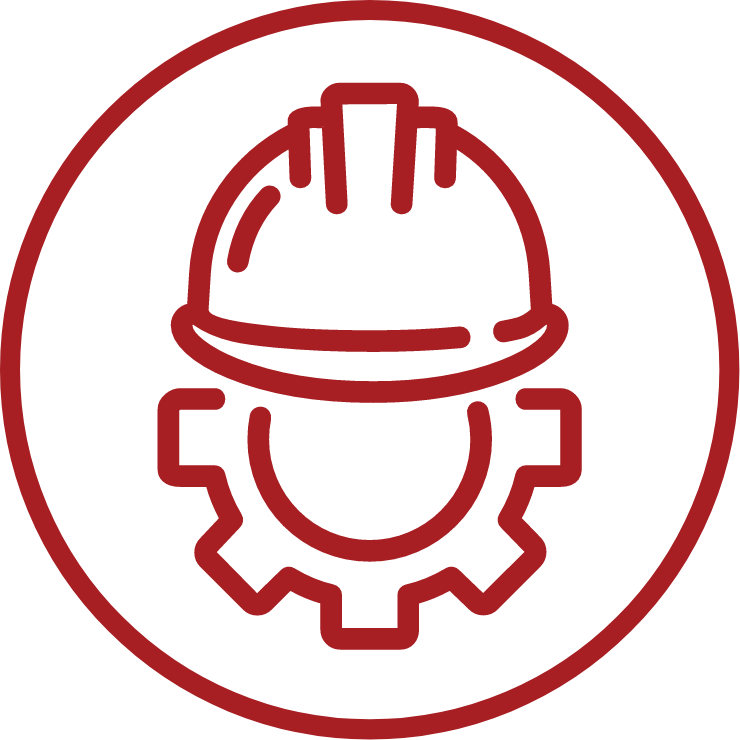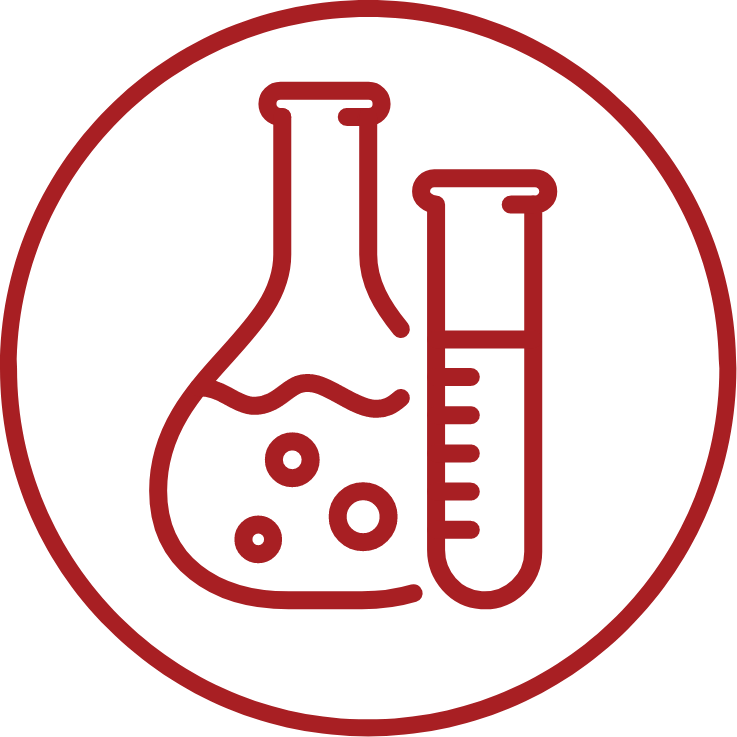YQCA promotes the development of a common framework for youth livestock quality assurance programs that will enhance the educational experience of youth, improve the care of animals, and provide a higher level of food safety to consumers.
EVIDENCE-BASED CONTENT ORGANIZED BY AGE LEVEL
The YQCA curriculum is broken into four levels: Junior ages 8-11, Intermediate ages 12-14, Senior ages 15-18 and Young Adult ages 19-21. Three or four levels of content focused on food safety, animal well-being and character are outlined for each level. Topics include but are not limited to:
- The Basics of Animal Identification
- Daily Animal Care
- Administering Animal Health Products
- Providing Quality Care
- Herd Health Plan
- Providing Quality Feed
- Sharing The Story
- Goals To Success
- Ethics In The Show Ring
CURRICULUM REVIEW AND REVISION PLAN
Although content taught within the YQCA curriculum should be evergreen, the YQCA Board of Directors recognizes the importance of conducting a regular review every three years.
HIGH-QUALITY, CLEAR, EDUCATIONAL OBJECTIVES
In addition to the content being crafted at appropriate age levels, each curriculum topic is accompanied by specific educational objectives to guide the learning process. These objectives outline the key concepts and skills youth are expected to master following their participation in the appropriate level of the program.

ONLINE LEARNING
The online program includes three components for each topic (food safety, animal well-being, and character development): 1) knowledge builder, 2) skills lab and 3) quiz, and are designed specifically for each age group. To fulfill their year of training, youth must complete and pass a quiz for food safety, animal well-being and life skills.

The knowledge builder allows students to learn new information in an engaging, age-appropriate and interactive format. Students can read content, watch videos, analyze pictures, and practice skills while progressing through a series of interactive content components.

Skills labs offer realistic situational opportunities for youth to apply the new knowledge gained in the knowledge builder. These labs take students through a comprehensive journey of the content, requiring them to apply skills and make decisions resembling those they will face in real life.

The quiz is the final piece of the online learning experience, testing student’s overall knowledge of the content. A pass rate of 80% has been established with students being able to repeat the module if needed.
The online program was designed by Vivayic, a leading learning-solution design firm that specializes in food and agriculture initiatives and has more than a decade of experience in online learning for both youth and adult audiences. These are not modules where youth listen to narrated slides.
